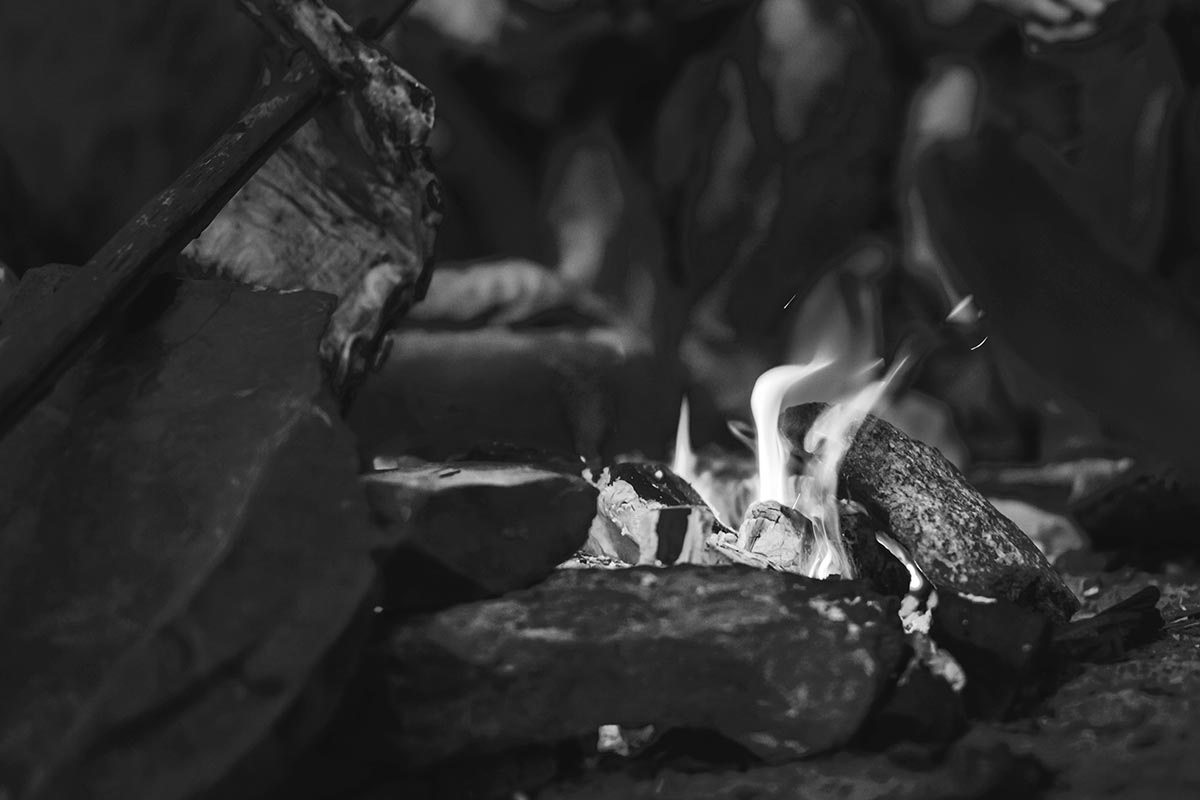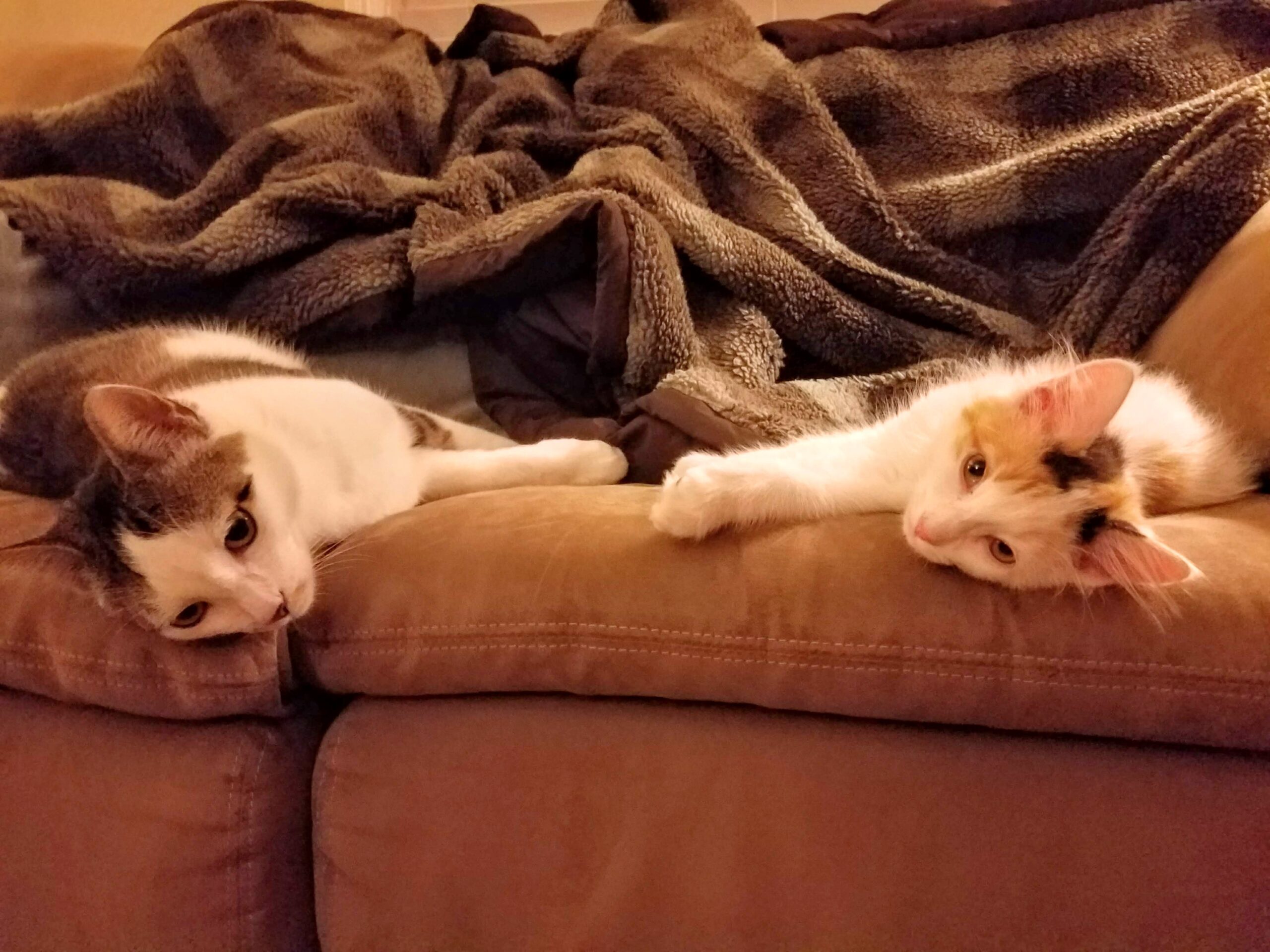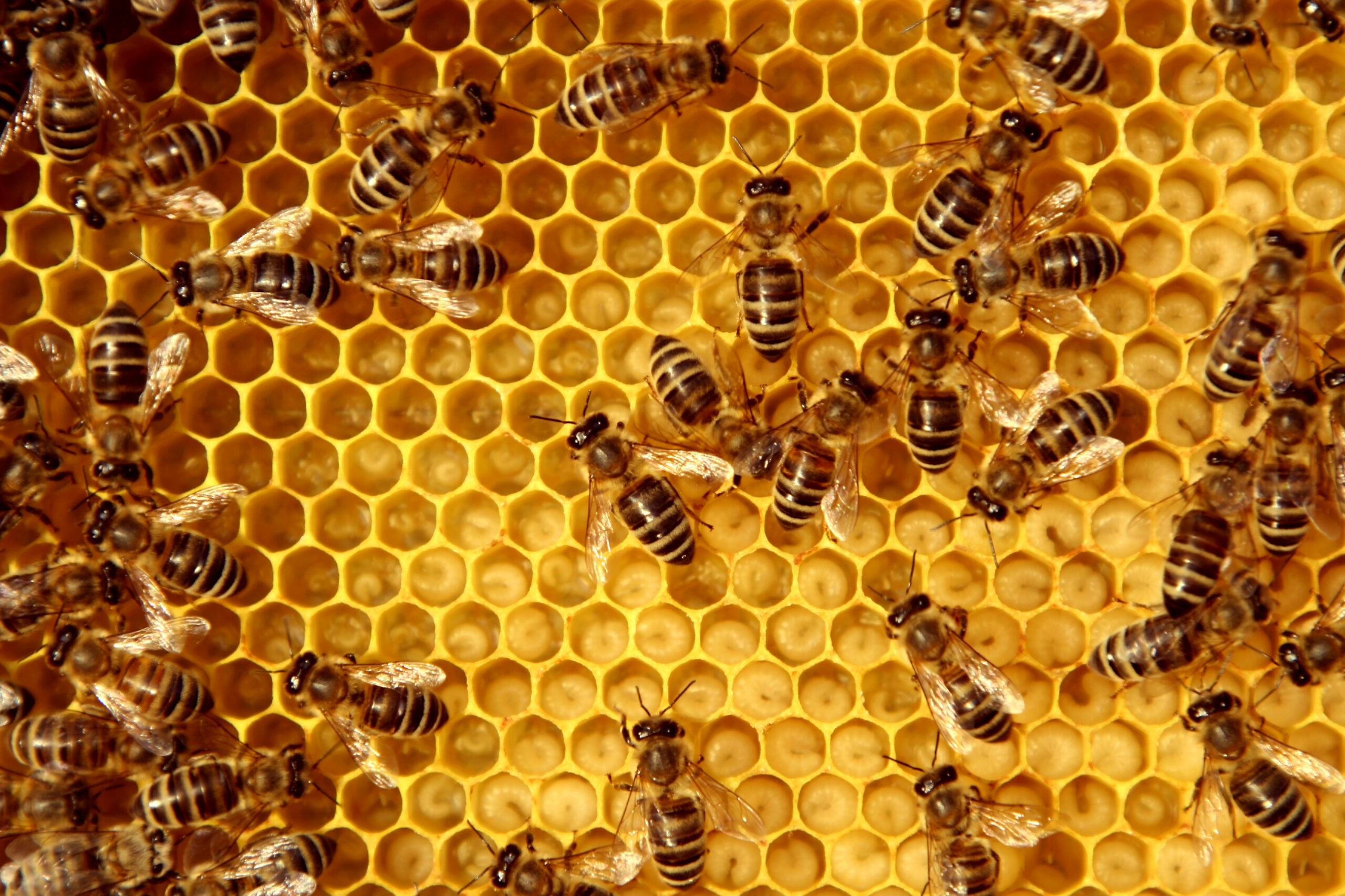Some modern-day diet trends might have you believe that early man sustained itself on an endless buffet of fire-roasted animal flesh. In reality, our nomadic forbears were more likely omnivores of the opportunistic type than they were mammoth-herding ranchers. They hunted. They gathered. They ate whatever they could find—the majority of which was lacking any redeeming nutritional value, and scientifically speaking, barf-tastic (look it up).
Scientists hypothesize that it was our human ancestors’ culinary exploration that sparked the progress of early civilization and the evolution of man. Possibly the most pivotal piece to this development was the ability to harness the power of fire. This changed the way people ate. It impacted the way humans socialized, improved their health and nutrition, and empowered them to explore regions of the world that were yet unattainable for humans.
In the same fossil record where larger, modern skulls have been found, archeologists have also found evidence of fire-making, which has led some to speculate that fire changed more than the way we eat. Bigger skulls meant bigger brains. Bigger brains required more calories.
Modern-day human brains burn about 20 percent of our caloric intake, even though brains make up just 2 percent of our body mass. To evolve into the brains we have today, cooking animal- and plant-based foods with fire was essential for the nutritional support brains and bodies needed. Before humans could control fire, they probably spent the majority of their time rooting around for food which burned off some serious calories. Most likely, they followed weather patterns for thunderstorms and the migrations of foraging animals, possibly even eating their leftovers. Fire making put humans in control. Instead of relying on foraging for seeds, eggs or the happenstance discovery of a charred animal carcass (yum) found underfoot in the aftermath of a forest fire, they could have a hot meal on demand.
Upping their caloric and nutrient intake worked wonders for the health of early humans. High-temperature cooking could kill deadly microbes in food, especially meat. Cooked food was also softer, reducing the number of calories needed to chew and digest while making nutrients easier to absorb.
With less hunting and gathering going on, people could pursue romantic interests/biological imperatives, increasing the odds of contributing to the next generation’s gene pool. Better nutrition also meant stronger immune systems, reduced morbidity and mortality rates, and fewer trips to the urgent care shaman clinic. People had more leisure time, not the “Maybe I’ll try pilates” kind of leisure time, but people undoubtedly had more time to ponder and solve problems. To develop new and improved hunting and building methods. To be creative and make art. To develop language. And to explore the meaning of life and find their place under the cosmic canopy of tiny, twinkling balls of fire glowing from afar in the evening sky.
With the power of fire to bestow seemingly mystical gifts upon primitive man, it’s no wonder that there are so many ancient myths about the origins of fire and the gods who wielded this elusive element.
With the power of fire, people had become liberated. They could quit the hand-to-mouth, hunter/gather gig economy, and start to put down some roots, grow crops, and create more permanent dwellings. And with more established communities came a need for order, division of labor and the rule of law. With fire and a little bit of layering up, humans were ready to take on the world. They could roam with confidence and live in places where the climate was once too cold for people. Fire also provided protection from animals or hostile neighbors who might steal their food.
In our electric age, the vestigial embers of fire continue to endure. Although more tame than the fire of our prehistoric cousins, we still rely on its power in its various forms for sustenance, comfort, communication, travel and community. But despite all of our modern conveniences, there is still great value in detaching our faces from those glowing, mobile torches in our hands to spend some time outside gathered around civilization’s first social network, bonding with real people over good food and drink.
It might just be the spark we need to figure out where we’re going next.
______
SOURCES:
When Fire Met Food, The Brains Of Early Humans Grew Bigger
https://www.npr.org/sections/thesalt/2012/10/24/163536159/when-fire-met-meat-the-brains-of-early-humans-grew-bigger
Hunter-Gatherers
https://www.history.com/topics/pre-history/hunter-gatherers
https://bigthink.com/surprising-science/inventions-fire?rebelltitem=5#rebelltitem5





